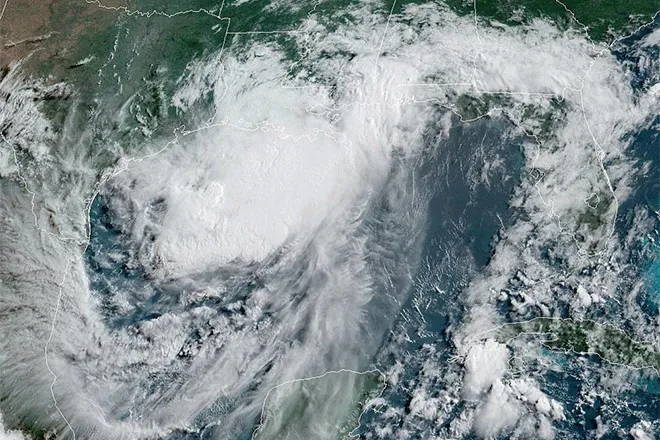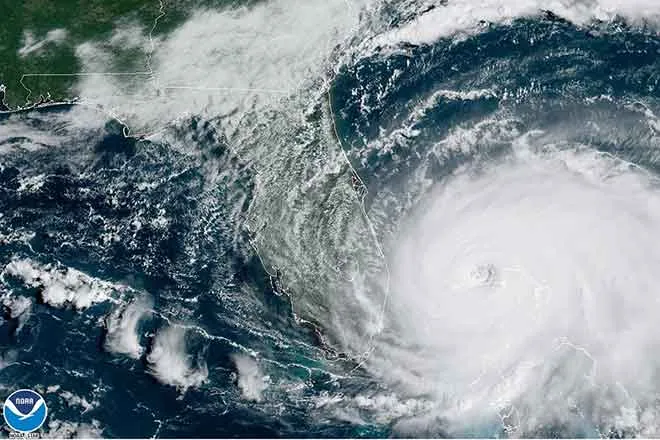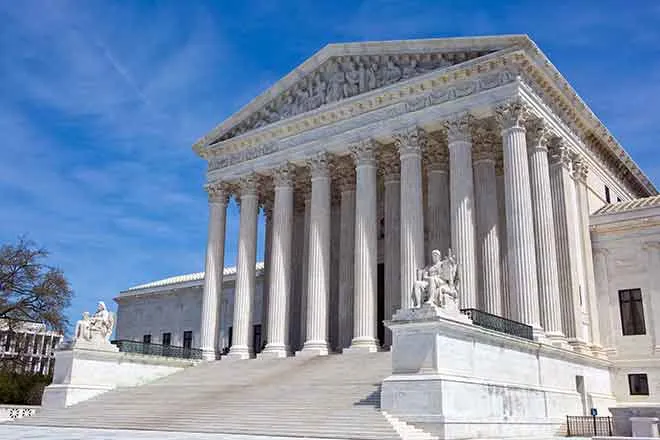
Help for foster youths during stressful holiday season
Eric Galatas
(Colorado News Connection) Some 24,000 teenagers in foster care across the nation officially become adults each year; in Colorado it happens on their 18th birthday. They are expected to move out and start their lives on their own.
But Katie Facchinello, communications director with the group Illuminate Colorado, said kids without a forever family face many challenges, including finding a job and a place to live, and the holiday season can be especially hard.
"Many of these young people that leave the child welfare system without a strong support system in place face homelessness and substance-use issues," said Facchinello.
Within two to four years after leaving foster care, studies have shown that four in ten young adults experienced homelessness or incarceration, and almost half did not graduate from high school or were unemployed.
Colorado's county case workers can provide financial support for housing and education until young people turn 21, and Facchinello said resources are also available at UnitedWayDenver.org.
Michelle Mares - foster, kin, and adoptive parent training manager with the Kempe Center - said many young people who have aged out of foster care lack basic life skills, such as how to do laundry or cook dinner for themselves.
She said adult volunteers can make a big difference, just by being a reliable voice on the telephone or making time to meet up for coffee.
"Mentorship is so important," said Mares, "and it is not (necessarily) a lifelong commitment. There are a lot of people out in our communities who are willing and able to share some time and space with our young adults."
Facchinello said Colorado's child welfare system is working to transition into a child and family well-being network. The emphasis has shifted to strengthening families facing economic hardships, to ensure that kids don't end up exiting the system without a safety net.
"When we look at universal preschool, and access to childcare, paid leave," said Facchinello, "those pieces are known to prevent child maltreatment. That's how we strengthen families. That's how we avoid children ending up without a family."
















